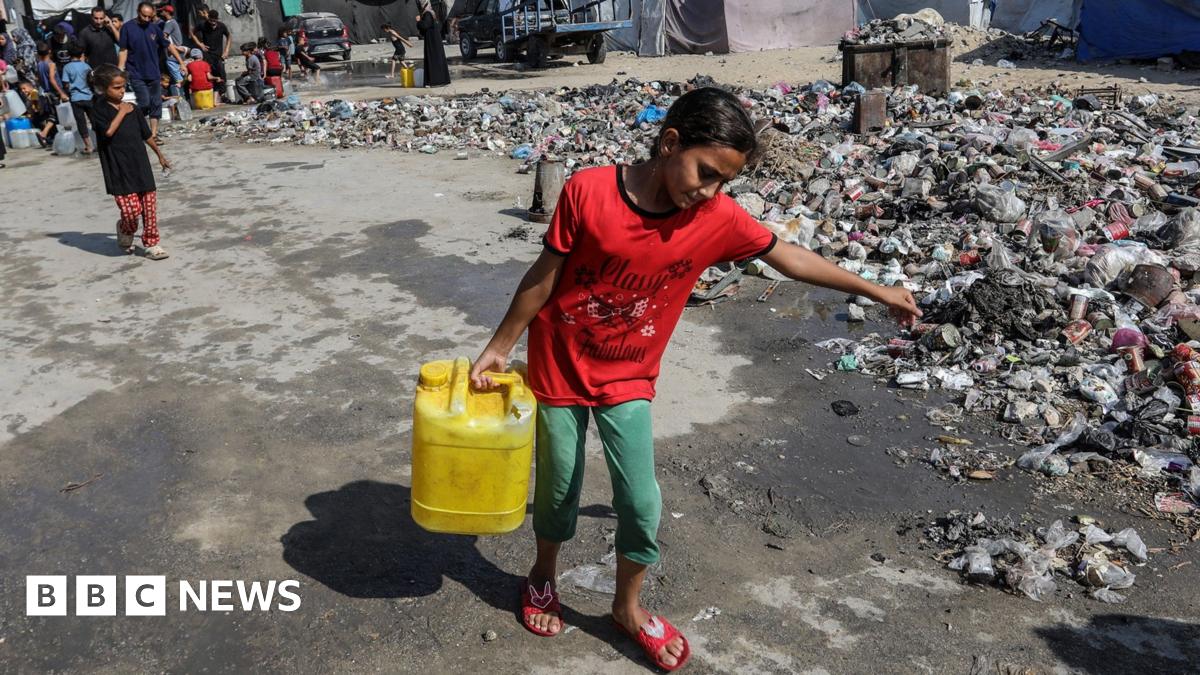Putin Expresses Doubt Over Trump's Ukraine War Resolution Promise

Moscow – Russian Foreign Minister Sergey Lavrov has voiced skepticism regarding former U.S. President Donald Trump’s repeated claims of swiftly resolving the Russia-Ukraine conflict. Trump has frequently stated his ability to end the war within a remarkably short timeframe, initially suggesting 24 hours and later committing to a 100-day resolution should he be re-elected.
Lavrov, in a recent interview, highlighted the shifting timelines and inconsistent statements, questioning the motivations behind these promises. “It used to be 24 hours,” he stated, referencing Trump’s early assertions. “It used to be 100 days. We have been through all of this and we really want to understand what motivates the president of the United States.” His remarks underscore Russia’s growing distrust of Trump’s pronouncements on the issue, particularly given the complexities and entrenched positions on both sides of the conflict.
The ongoing war in Ukraine has drawn significant international attention and condemnation, with numerous efforts to mediate a peaceful resolution. However, progress has been limited, and the conflict has continued to escalate, resulting in widespread devastation and humanitarian crisis. Trump’s assertions, while appealing to some voters seeking a quick fix, are viewed by many observers as unrealistic and potentially destabilizing.
Analysts suggest Lavrov’s comments are a deliberate attempt to portray Trump as unpredictable and unreliable, potentially influencing the upcoming U.S. presidential election. Russia has consistently sought to undermine Western unity and support for Ukraine, and highlighting perceived inconsistencies in U.S. policy could serve that strategic goal.
The core of Lavrov's concern lies in the lack of clarity and concrete plans accompanying Trump's promises. Simply stating an intention to end the war, without outlining a viable strategy or considering the entrenched interests of all parties involved, is perceived as insufficient and potentially misleading. The Russian perspective emphasizes the need for a negotiated settlement based on mutual concessions and respect for legitimate security concerns.
Furthermore, Lavrov’s remarks subtly challenge the credibility of the United States as a reliable mediator. By questioning Trump's motives and highlighting the shifting timelines, he implies that U.S. policy is driven by political expediency rather than a genuine commitment to peace. This narrative aligns with Russia’s broader efforts to portray itself as a more stable and predictable actor on the international stage.
As the war continues and the U.S. presidential election approaches, Lavrov’s skepticism serves as a reminder of the significant challenges that lie ahead in achieving a lasting peace in Ukraine. The complexities of the conflict, coupled with the uncertainties surrounding U.S. policy, underscore the need for a pragmatic and nuanced approach to diplomacy.






